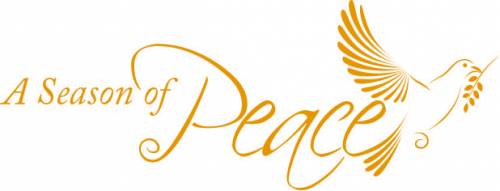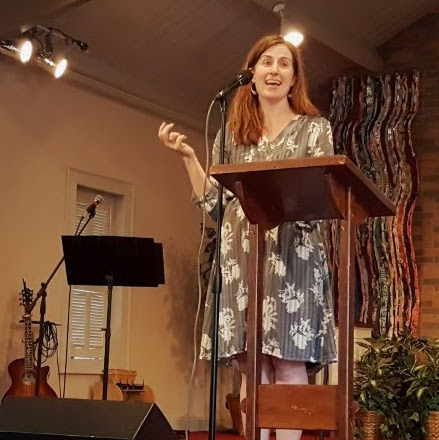
The Lord takes his place in court; he rises to judge the people.
The Lord enters into judgment against the elders and leaders of his people:
“It is you who have ruined my vineyard; the plunder from the poor is in your houses.
What do you mean by crushing my people and grinding the faces of the poor?”
declares the Lord, the Lord Almighty. The Lord says, “The women of Zion are haughty, walking along with outstretched necks, flirting with their eyes, strutting along with swaying hips, with ornaments jingling on their ankles. Therefore the Lord will bring sores on the heads of the women of Zion; the Lord will make their scalps bald.” In that day the Lord will snatch away their finery: the bangles and headbands and crescent necklaces, the earrings and bracelets and veils, the headdresses and anklets and sashes, the perfume bottles and charms, the signet rings and nose rings, the fine robes and the capes and cloaks, the purses and mirrors, and the linen garments and tiaras and shawls. Instead of fragrance there will be a stench; instead of a sash, a rope; instead of well-dressed hair, baldness; instead of fine clothing, sackcloth; instead of beauty, branding. Your men will fall by the sword, your warriors in battle. The gates of Zion will lament and mourn; destitute, she will sit on the ground.
Isaiah 3:13–26 (NIV)
After pronouncing judgment against the people for their brutality against the poor, Isaiah calls out the excessive wealth displayed in the lavish dress of the women of Israel. The prophet is making a direct connection between the culture of luxury among the powerful and wealthy and the culture of misery and suffering among the poor.
This is a prophetic call for modesty — true biblical modesty, which isn’t a matter of exposed flesh but exposed wealth. For generations the church has willfully misapplied Scripture’s call to modesty. We have rules about the length of shorts worn by adolescent girls, the width of their tank-top straps and the tightness of their yoga pants, but exposed flesh was never the prophet’s concern. He was making the case that their love of high-end bangles and headbands and crescent necklaces was crushing the people and grinding the face of the poor.
Isaiah wanted those with wealth to choose love of neighbor over love of fashion. King David praised God when his cup ran over — but those who came after him never made that mistake. They never allowed God’s blessings to flow through them to other people — they simply bought a bigger cup. Creation is good — there is enough for shalom, the mutual flourishing of all living beings. But when some of us take more than we need, we consign others to a life of lack.
In America, past and present, that often happens deliberately when white people pass laws and create policies — like redlining, gentrification and funding schools through property taxes — designed to create and maintain economic disparities benefiting white people — all the while lecturing people impoverished by these systems about “taking financial responsibility.” We need to advocate for a holy culture of economic modesty with as much vigor and intensity as we ever did for misogynistic dress codes.
Action: Make a modesty audit of your life. How are you displaying signs of your wealth — do you post pictures of vacations or lavish gifts on social media? Are there upcoming purchases that you could reconsider through a lens of true biblical modesty?
Prayer: Giving and gracious God, we know that there is more than enough in your good creation. Help us to not take more than we need and to share what we have so that no one is in need. Amen.

Kate Murphy is the pastor of The Grove Presbyterian Church in Charlotte, North Carolina. She and her husband are raising three daughters and zero pets. She enjoys reading, running, talking and procrastinating.
This year’s Path of Peace reflections are designed to help participants explore peacemaking efforts addressing some of the major issues of our time. The theme for the 29 days of the 2022 A Season of Peace is Led Forth in Peace: Critical Areas of Engagement for Peacemakers. With these daily reflections, we are invited to reflect upon ways to practice peace by engaging the following critical areas:
- Climate change

- Nonviolence
- The intersection of poverty and racism
- Immigration/migration
- Climate change


No comments:
Post a Comment